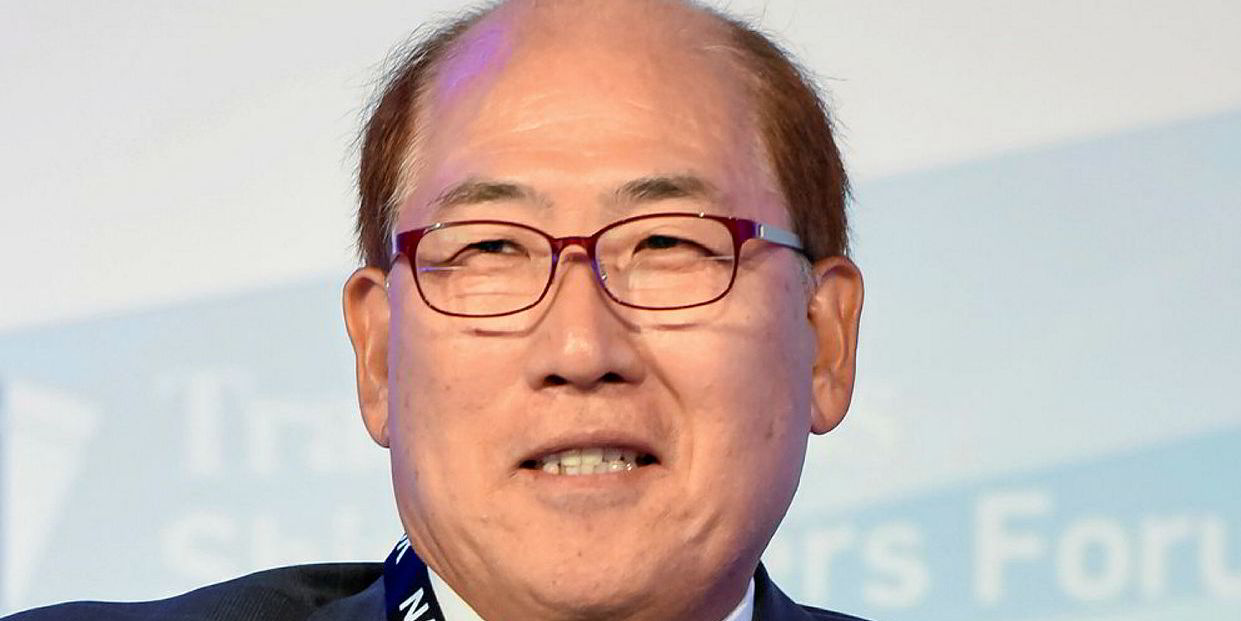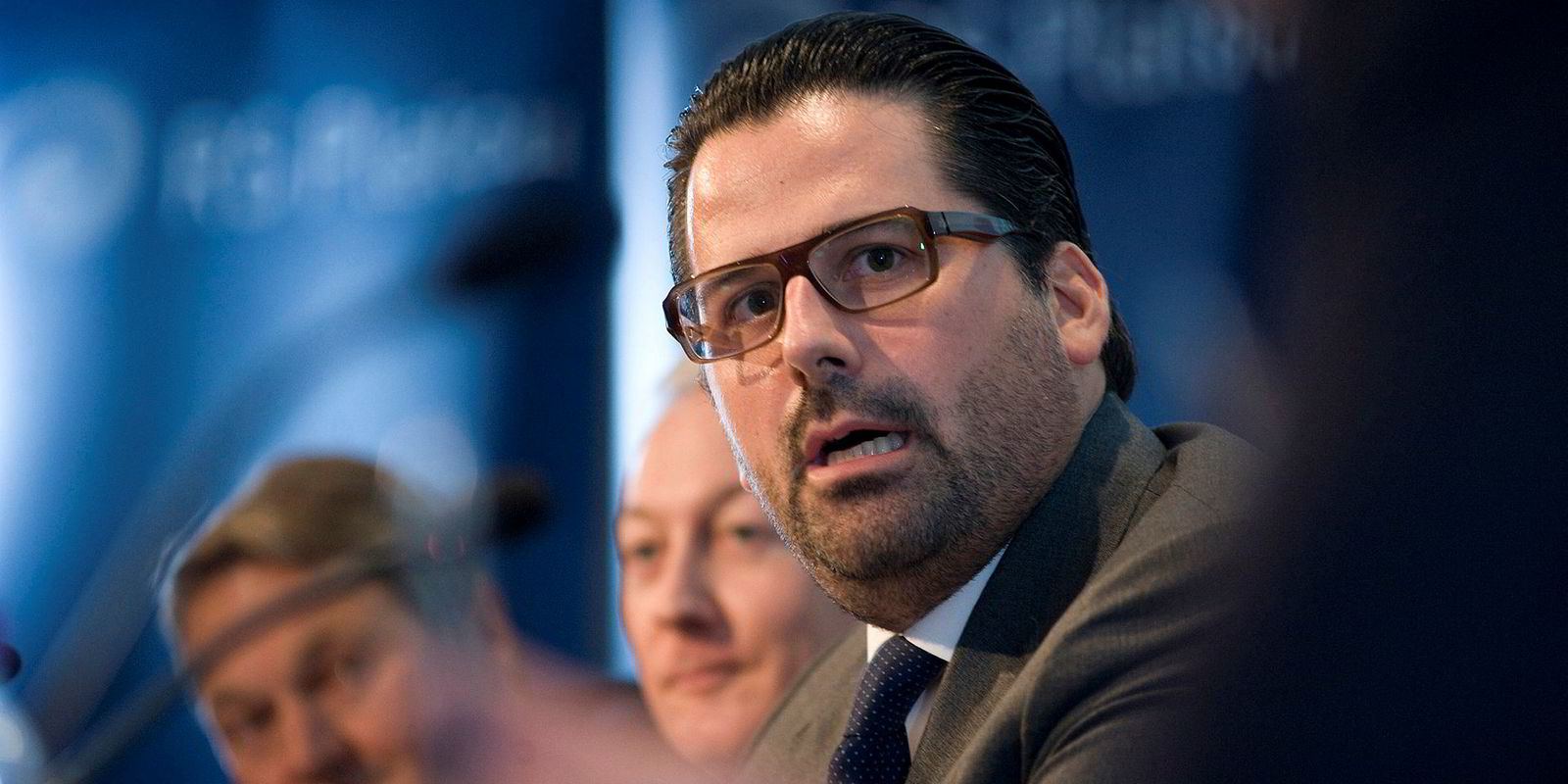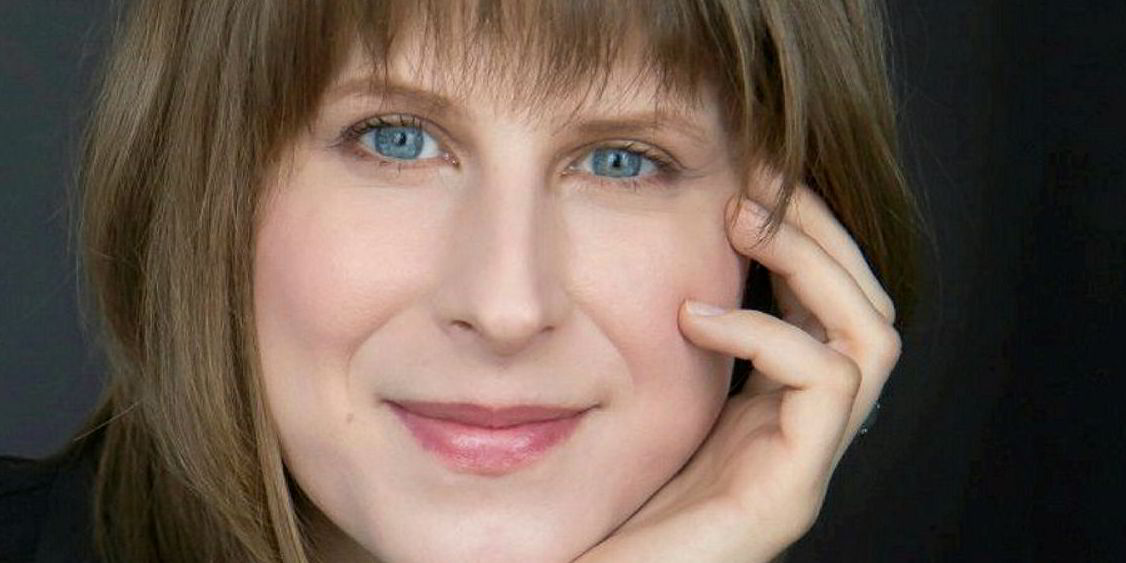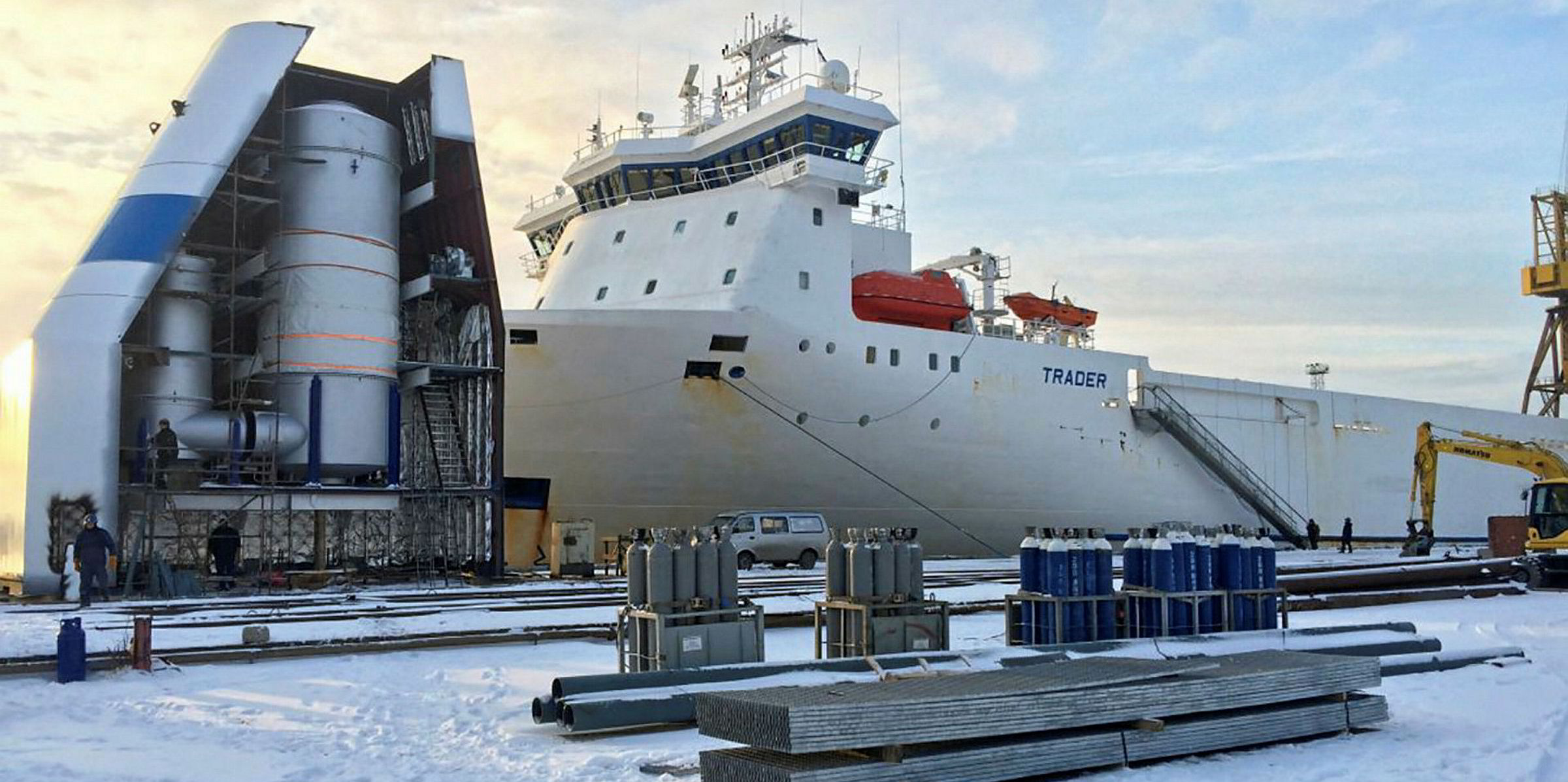The IMO should stand firm on its regulatory approach to the January 2020 emissions deadline to avoid penalising shipowners that have made an early investment in scrubbers to comply with the standard.
That was the message this week from the Scorpio Group’s Ole Christian Schroder, who said any backtracking from the agency on issues related to wash water or air emissions could unfairly penalise owners that had made a compliance commitment in good faith.
'Hammered by regulation'
“How can shipping be a proud industry and try to be a green industry when we constantly get hammered with regulatory issues faster than technology can keep pace with addressing them,” Schroder said, addressing the 25th annual joint shipping conference of the Hellenic-American/Norwegian American chambers of commerce in Manhattan.
“Does it really pay to be a front runner and adopt technology at an early stage as we’ve done at Scorpio when the regulatory framework keeps changing and creating opportunities for other owners to delay or cheat on the system to their benefit?
“We need firm clarity and enforcement and from day one,” the director of environmental compliance at Scorpio added.
The Monaco-based shipowner’s two public companies — Scorpio Tankers and Scorpio Bulkers — have together committed to installing open-loop scrubbers on more than 100 vessels.
Scorpio announced the programme last September at a conference in Miami Beach.
$500m investment
Together with the group’s investment in a separate IMO environmental initiative — the installation of ballast-water treatment systems — the work is expected to reach a total capital outlay of roughly $500m, Schroder said.
The ballast-water solution has not been without its issues, he added. About 30% of the 108 systems it has purchased to date have been declared non-operational through a combination of defects, he said.

The sheer fact that the IMO has re-opened discussions on some of these issues makes it seem like the 5% to 10% of owners using scrubbers have suddenly become the enemy of the whole regulatory scheme
Christian Schroder
The group had dealt with seven manufacturers and four different technologies over the past five years in its efforts to get the systems right, he added.
Unimaginable costs
“The cost of such challenges can be much more than anyone can imagine,” Schroder said.
While Scorpio feels it is making progress on the ballast issue, it remains wary of any changes to come on scrubber use.
“The sheer fact that the IMO has reopened discussions on some of these issues makes it seem like the 5% to 10% of owners using scrubbers have suddenly become the enemy of the whole regulatory scheme,” Schroder said. “We feel a wall of fight in this battle.”
Schroder received some support from fellow panellist Nikos Petrakakos, vice president at Seabury Capital, who spoke on scrubber financing.
“How can investors come in and invest in anything that has to do with first-mover advantage, as in ballast water, when the compliance deadline gets delayed for two years out of thin air,” Petrakakos said.
“Imagine if this happens with emissions and 2020 becomes 2022 — Scorpio’s whole investment goes down the drain.”
Backing scrubbers
In a sideline interview after his panel appearance, Schroder said that despite such concerns, Scorpio had no current plans to modify its commitment to the exhaust-gas cleaning systems.
Scorpio has chosen “hybrid” technology that allows open-loop scrubbers to be converted to closed loop, which avoids disposal of wash water directly into the sea.
For now, there is no plan to make the conversion, he said.
“We’re still operating under the assumption that it [IMO 2020] goes forward on January 1 as scheduled,” he said.
As TradeWinds reported, the IMO is set to consider revisions to its guidelines on the use of scrubbers when its pollution prevention response subcommittee next meets.
Measures under consideration include fresh guidelines and standards for the sampling and monitoring of discharge water, and the measurement of nitrate concentration in discharge water.
The subcommittee’s findings will be presented at the IMO’s London headquarters at a conference running from 18 to 22 February.






